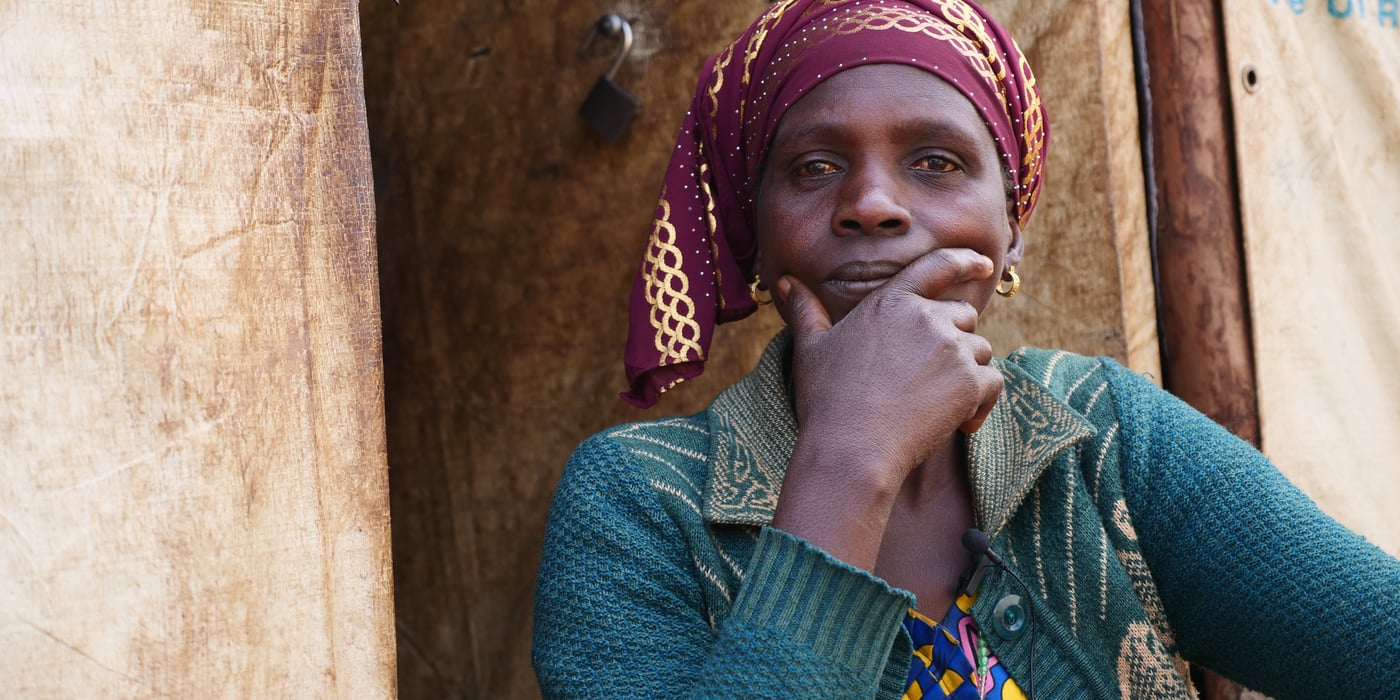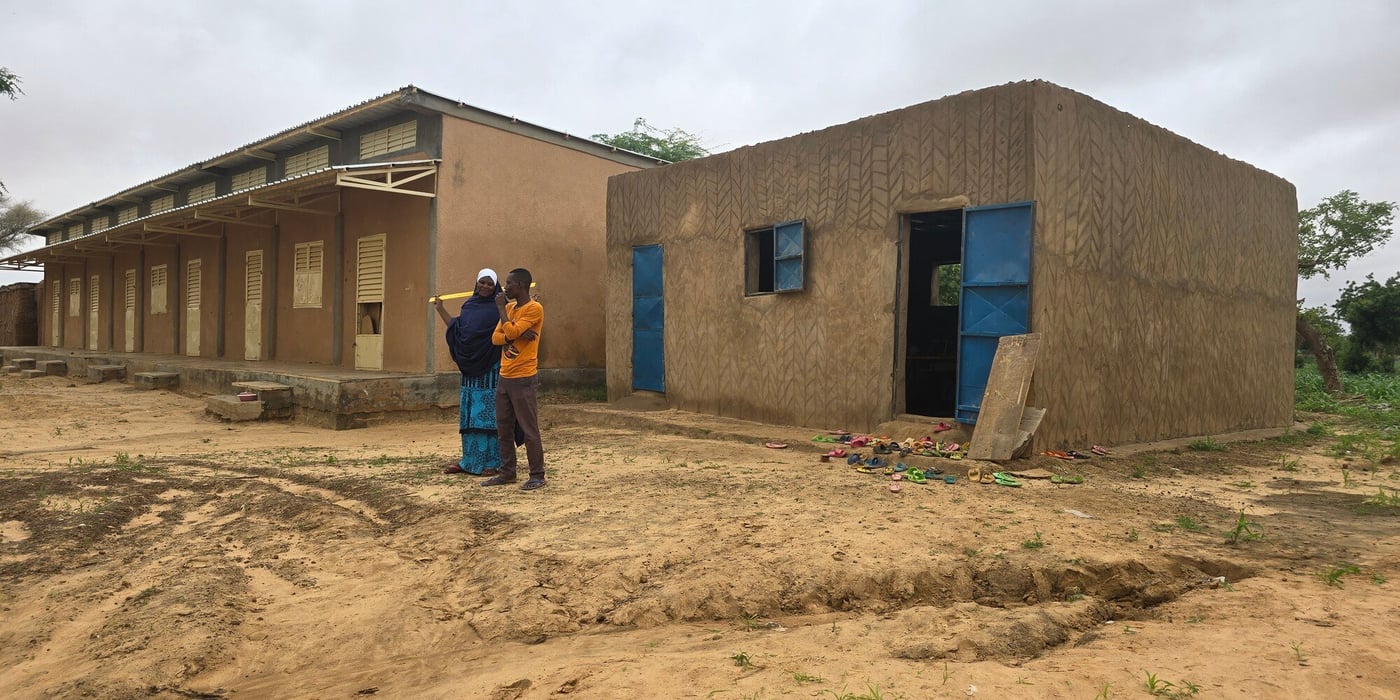
While the world's attention is captured by the worsening situation in and around Goma in the North Kivu province, the conflict in neighbouring Ituri is being repeatedly overlooked by the international community. Increased inter-communal violence has accelerated a breakdown in the social cohesion between communities as repeated attacks have forced hundreds of thousands of people from their homes since February 2024
"We cannot afford to overlook the deteriorating conflict in Ituri. The lack of international attention beyond the crisis in North Kivu and the increasing breakdown in relations between local communities across Ituri demand immediate action. We need to be able to deliver more humanitarian aid while also promoting dialogue and reconciliation locally,” said Eric Batonon, NRC country director in DRC.
The number of violent attacks in Ituri have increased steadily over the past six months, with almost 200 attacks taking place since the start of the year. Local populations have been strongly affected, as they are unable to work their lands out of fear of attacks or reprisals and cannot provide for their families. The intense violence is driving communities into small areas that are considered stable for the moment. Here, both displaced people and their hosting communities are forced to compete for already limited food, jobs and land while international support remains insufficient.
Georgette is an internally displaced woman who fled her village of Lonalo-LOTSIKPA since 2019 and is now in the Plaine Savo camp. Her 5 years in the camp look like hell for her.
“I feel like I'm in prison here, it's not a place I like. I'd like to go home. It's hard to get food. There's not much assistance. Access to water is also a problem. I'm tired of this life, especially when I see my children who can no longer go to school,” she said.
The cross-cutting impact of the crisis in Ituri is being felt at all levels and is resulting in a dangerous and vicious cycle as aid stays scarce and tensions grow. Disputes over land and resources are increasingly difficult to manage for local communities, as traditional conflict-resolution mechanisms are inadequate faced with this rapid deterioration. Lack of funding for social cohesion means that disputes over land, water points and livelihoods will continue to undermine the future of Ituri for years.
Children often go to school with little to no food to sustain them, and in overcrowded and poorly maintained classrooms, which has a negative impact on learning outcomes as well as psychosocial wellbeing. While schools should stand for safe environments of learning and socialisation, NRC research shows that almost one out of four parents in Ituri fear for their children’s safety when they’re in school. Education is a critical component to building long-term peaceful solutions.
Addressing the crisis in the province requires a comprehensive response that is supported by sufficient resources and responds to immediate needs while also building durable solutions for those affected.
"We must help communities rebuild trust and relations to avoid even more conflict in the future. Improving the humanitarian crisis will require building peaceful solutions from the ground up. This can be achieved by enhancing support for conflict transformation and social cohesion initiatives in Ituri” said Eric Batonon.
Note to editors
- The Norwegian Refugee Council (NRC) is working to meet the urgent needs of children affected by the crisis, by providing educational and psychosocial support, building classrooms and shelters for displaced communities, and by increasing their safe access to water and land.
- In December 2023, some 97,000 newly displaced people were documented in alerts following attacks by armed groups in the Mahagi, Djugu, Mambasa and Aru regions. (UNOCHA)
- The Ituri province is home to the second largest internally displaced and returnee population of any province in the DRC (1.6 million and 1.2 million individuals respectively) (IOM)
- Between January and March 2024, 198 attacks by armed groups have taken place in Ituri, causing 651 victims, according to the International NGO Safety Organisation, this represents a 10 per cent increase in attacks compared to the same period 6 months prior (INSO)
- An NRC assessment from November 2023 shows that 22 per cent of parents in Ituri fear for the safety of their children on the way to school or once in school.
For more information or to arrange an interview, please contact:
- NRC global media hotline: media@nrc.no, +47 905 62 329
- Ousmane Drabo, regional media adviser in Dakar, ousmane.drabo@nrc.no, +221 776 234 040


